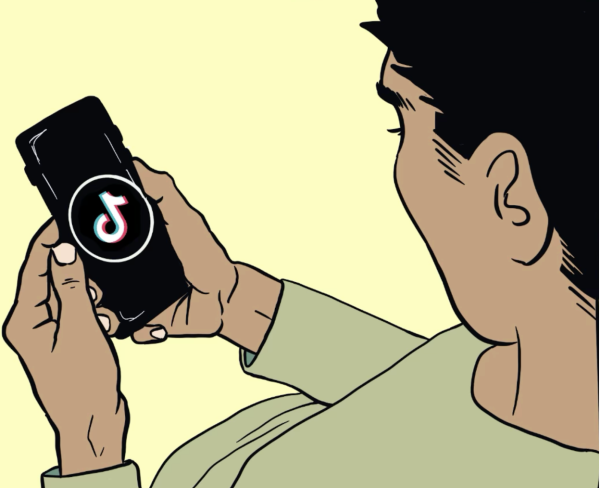Study over sleep
School start times leave little time for sleep
The National Sleep Foundation recommends that teenagers aged 14 to 17 years old get eight to 10 hours hours of sleep every night.
Last night, I got four. In fact, for the past week, I’ve averaged about four to five hours of sleep each night.
My lack of sleep isn’t entirely due to homework or college applications. It is biologically unnatural for teens my age to fall asleep before 11 p.m., according to the National Sleep Foundation.
In order for me to catch the bus to arrive at school five minutes before class starts at 8 a.m., I have to wake up at 6:15 a.m. So, to get those 8 hours of sleep that I desperately need to perform my best on the non-stop tests, essays and deadlines I have each week, I would need to fall asleep at 10:15 p.m., 45 minutes before it is natural for me to do so.
Coincidentally, I had my first cup of coffee three weeks ago and discovered the wonders of caffeine. Since then, getting four hours a sleep was suddenly not as big of deal because I could drink a cup of coffee in the morning and be alert and awake by the time my 8 a.m. IB Chemistry HL class began.
Despite the millions of people who rely on it daily, caffeine shouldn’t have to be the only way I can function.
An 8 a.m. high school start time makes the goal of getting 8 hours of sleep simply aspirational and unrealistic.
Sleep deprivation causes lack of concentration, attention deficits, increased distractability, increased errors and forgetfulness, among other effects, according to the American Academy of Sleep Medicine. I can attest to all of these symptoms.
Sleeping in on the weekends doesn’t help either. Getting an extra 10 hours to compensate for lost hours during the week can further increase reaction times and decrease focus, according to the National Sleep Foundation.
If my teachers expect my to be at my best for each lecture, quiz and test, the school day can’t start at 8 a.m. The math just does not work.







